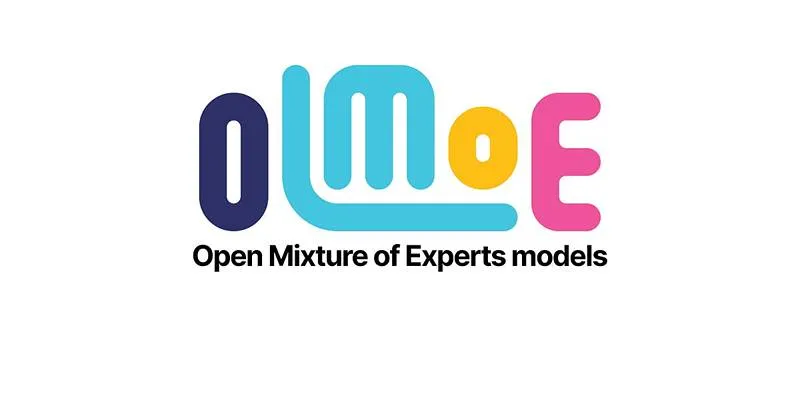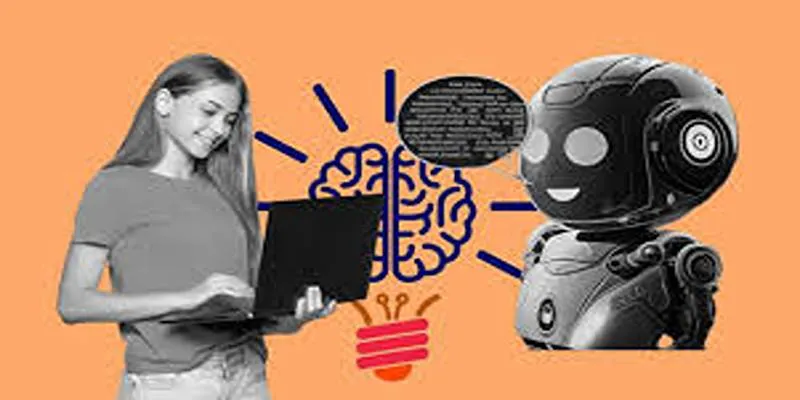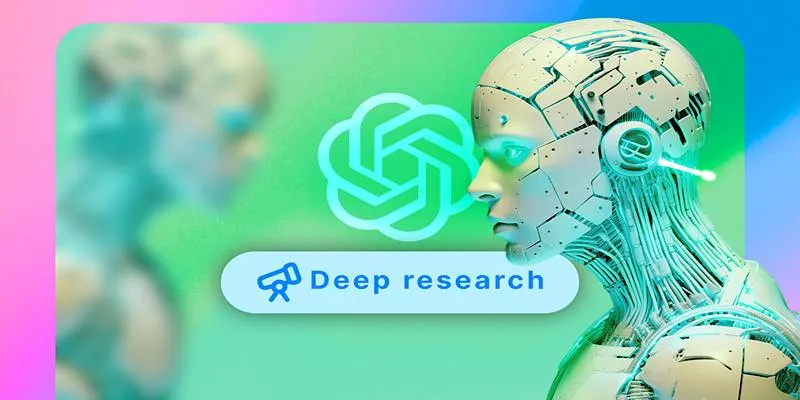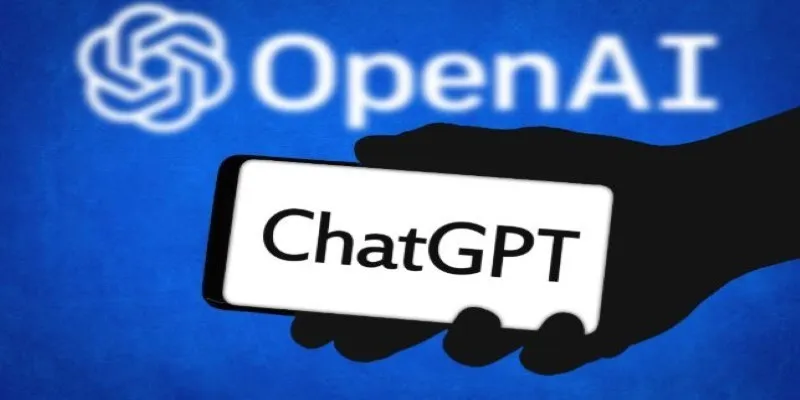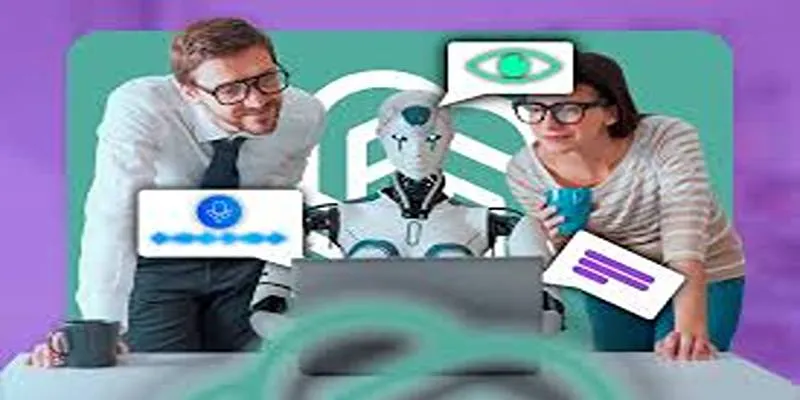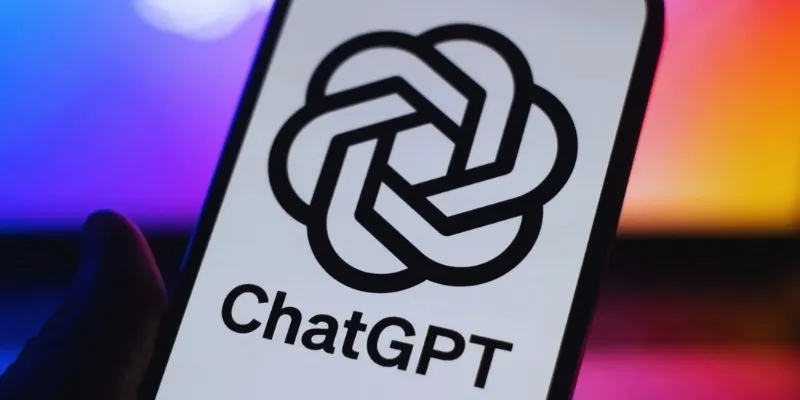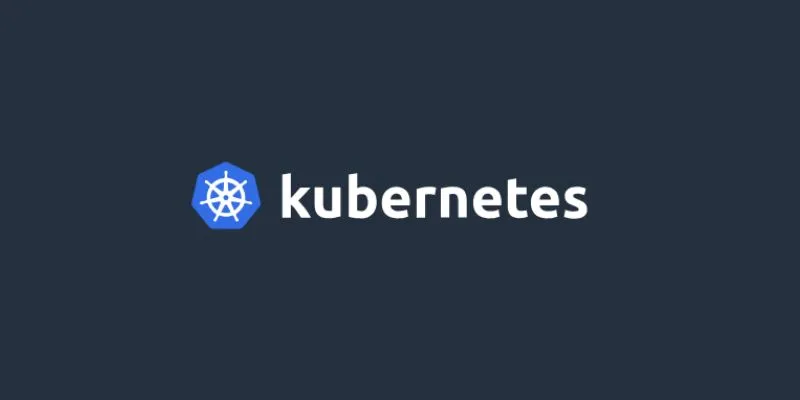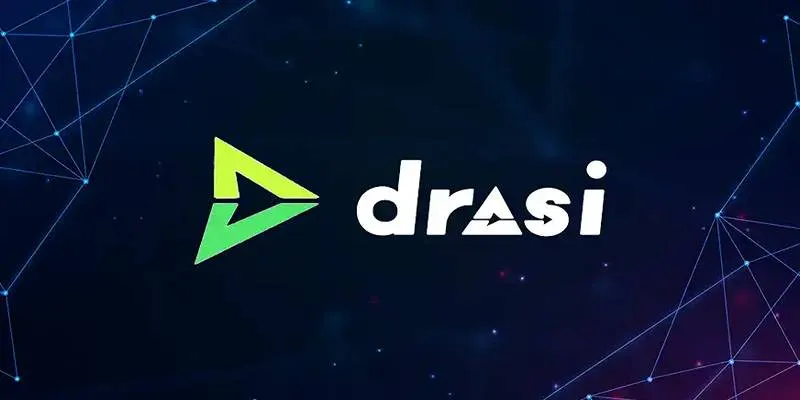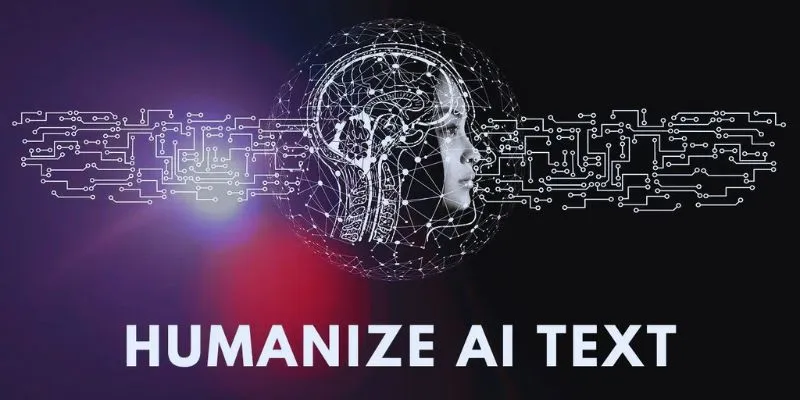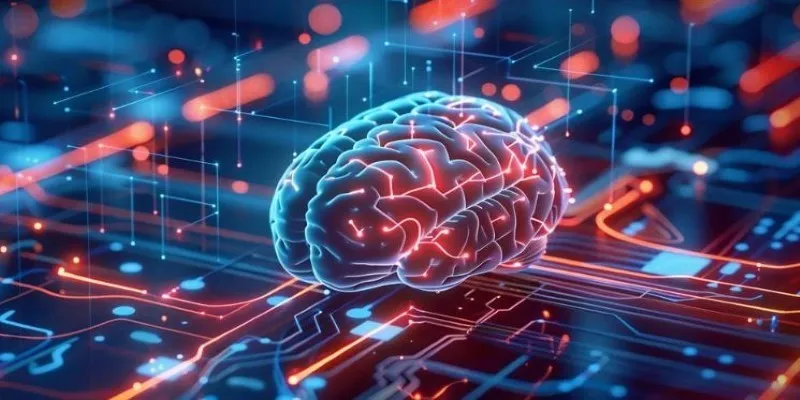AI tools like ChatGPT are valuable allies for developers, assisting in debugging, clarifying, and generating code. However, AI has its limitations and cannot replace human programmers in certain areas. Developers must understand what artificial intelligence can and cannot accomplish. Some coding projects require advanced knowledge, creativity, and judgment—skills that AI doesn’t possess. While AI follows trends, it doesn’t think like humans.
AI cannot fully grasp project requirements, security issues, or commercial rationale. ChatGPT struggles with managing large projects and doesn’t evaluate programs like real software users. Developers still need to check, fix, and improve AI-generated code. This guide outlines five primary coding tasks where artificial intelligence falls short, necessitating human oversight.

5 Coding Tasks ChatGPT Can’t Do
Here are five coding tasks that ChatGPT cannot fully handle , requiring human expertise for accuracy, security, and performance:
Building Complex Software Architectures
Designing software architecture demands both technical expertise and strategic planning. While ChatGPT can generate small code snippets, it cannot construct entire software architectures for large-scale projects. AI lacks the ability to plan for long-term development, anticipate system constraints, and balance factors such as performance, scalability, and maintainability. Developers must consider real-world issues that AI cannot fully comprehend. Designing a distributed system, for example, requires meticulous planning of data flow, server load, and failure handling. AI-generated solutions may sound correct theoretically but often fail under practical circumstances. AI cannot predict how different components will interact over time, manage dependencies, or ensure seamless integration between multiple services. Software architecture requires human judgment, creativity, and adaptability. Developers must test and refine system designs, ensuring stability through streamlined processes. While AI can assist with coding, only human expertise guarantees a scalable, secure, and efficient software system.
Understanding Business Logic and User Needs
Business logic varies across industries, necessitating a deep understanding of specific company requirements. AI, including ChatGPT, lacks critical thinking, intuition, and real-world knowledge. It cannot grasp the intricacies of specific business processes. For instance, a banking system requires precise transaction management, while a healthcare program must comply with stringent data security regulations. Although AI can generate code, it doesn’t define or enforce these guidelines. Developers must interpret business needs and ensure compliance with industry standards. ChatGPT often produces generic solutions without verifying their alignment with business objectives. It cannot interact with users, gather feedback, or enhance applications based on real-world usage. AI cannot understand evolving consumer demands or industry trends. Developers must collaborate with stakeholders, analyze data, and adapt processes to improve software usability. While AI can automate certain tasks, human oversight is essential to ensure software meets business goals and user expectations.
Ensuring Security and Compliance
Security is a critical aspect of software development, requiring continuous attention and expertise. AI, particularly ChatGPT, lacks a comprehensive understanding of evolving security threats. It may produce insecure code or overlook vulnerabilities that hackers could exploit. For instance, AI- generated code might lack proper encryption, exposing sensitive data. It may not implement secure authentication or authorization, increasing security risks. Developers must meticulously review, test, and secure all code before release. Compliance is another challenge. Many industries have strict legal regulations for handling user data. AI does not track or adhere to compliance standards like GDPR or HIPAA. Developers must ensure software meets industry and regional requirements to avoid legal repercussions. While AI doesn’t adapt in real-time, cybersecurity threats continuously evolve. Developers must stay informed about security best practices, conduct code audits, and perform penetration testing. Security relies on AI, but human oversight is crucial to protect user data and software.
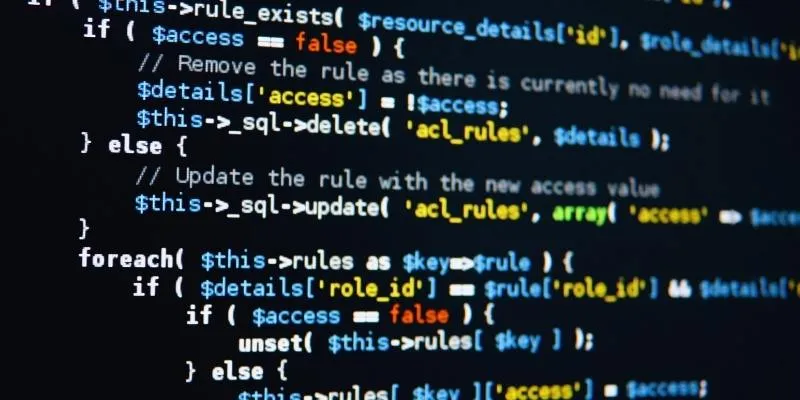
Debugging Complex Issues in Production
While AI may assist with coding, it cannot debug production issues. Debugging requires real-time analysis, a deep understanding of the system, and experience with unpredictable bugs. Production errors are influenced by environmental conditions, data variability, and user behavior. AI doesn’t have access to debugging tools, server metrics, or logs. It cannot adapt to changing situations or analyze real-time failures. For example, a performance bottleneck might slow down a system. AI-generated fixes may address symptoms but not the root cause. Developers must observe system behavior, review logs, and test various solutions. Debugging is also a collaborative process. Developers discuss issues, share ideas, and work together to find solutions. AI cannot replace the creativity and collaboration needed to solve complex problems. Debugging relies on human intuition, as developers recognize patterns, anticipate errors, and apply innovative problem-solving techniques.
Writing Efficient and Optimized Code
Although AI can generate functional code, it’s not always efficient or optimized. Developers must refine code for maintainability, memory usage, and speed. AI lacks a complete understanding of these factors and might suggest brute-force methods instead of refined solutions. It may overlook practical constraints, memory usage, or execution time. Developers must analyze performance metrics and refine AI-generated code for optimization.
Moreover, optimal code is maintainable. AI doesn’t structure code for scalability or future updates. Developers design modular, reusable, and clean code to ensure easier debugging and long-term expandability. Writing efficient code requires experience and judgment. Developers evaluate trade-offs, choose the best algorithms, and adhere to coding standards. AI cannot replace human expertise in making these critical decisions.
Conclusion:
While AI tools like ChatGPT support developers , they have limitations. AI cannot ensure security compliance, understand business logic, or create complex software designs. It also struggles with writing efficient code and debugging production issues. These tasks require human expertise, judgment, and creativity. Over-reliance on AI risks poor software performance, security breaches, and inefficiencies. AI is a tool, not a substitute for developers. They must review, edit, and ensure quality in AI-generated code. Understanding AI’s limitations allows developers to use it wisely, leading to better, safer, and more efficient software solutions.
 zfn9
zfn9


